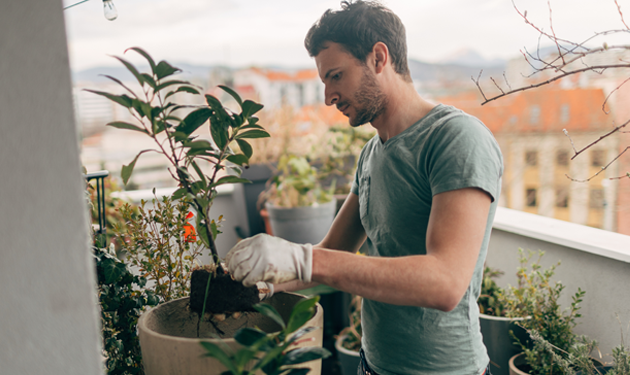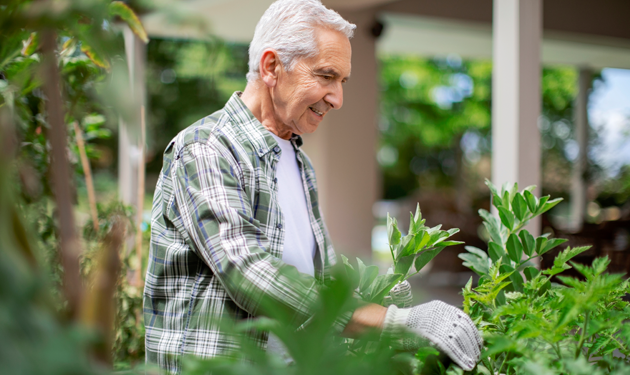
For many years Prince Charles has been labelled “eccentric” and a bit of a “looney” owing to his penchant for being outdoors and his unusual habit of talking to plants and shaking hands with trees.
But is it possible Britain’s future king knew something the rest of us didn’t?
Scientists have recently confirmed that spending time in the outdoors and surrounding yourself with greenery is associated with better health and better psychological wellbeing.
A team of researchers at the University of Exeter, University College London, recently asked 20,000 adults to document any time spent out of doors in natural settings such as parks, woodlands and beaches over a period of a week.
Participants were then questioned about their general health and overall life satisfaction.
The research team found those who spent at least two hours a week in nature were more likely to report good health or high levels of well-being than those who spent no time in nature.
The findings support previous research by other groups which found that while the quantity and quality of evidence varies across outcomes, living in greener urban areas is associated with lower probabilities of cardiovascular disease, obesity, diabetes, asthma hospitalisation, mental distress, and ultimately mortality, among adults; and lower risks of obesity and myopia in children.
Previous studies have also shown that gardening increases individual’s life satisfaction, vigour, psychological wellbeing, positive effects, sense of community, and cognitive function.

A report published in 2017 ‘Gardening is beneficial for health: A meta-analysis’ found that aside from improving people’s well-being, taking part in community gardening can also encourage people – particularly those living in strata complexes – to adopt healthier behaviours.
This could be because they walk or cycle to their nearest community garden or it may be as a result of eating the locally grown produce thereby helping residents to form the habit of eating fresh food.
Unlike growing on individual allotments or private gardens, community gardening requires cooperation and collective planning. The report also found that working together towards shared goals helped create a real sense of community.
The researchers behind the 2017 report suggested that based on the “robust” evidence of the positive effects of gardening on health, it was clear gardening can improve physical, psychological, and social health, which from a long-term perspective, could help alleviate and prevent various health issues facing today’s society.
They then documented their suggestion that national governments and health organisations consider gardening as a beneficial health intervention and encourage people to participate in regular exercise in gardens.
While it is unclear whether this has been adopted among Australia’s medical community, organisations such as Cultivate NSW, Horticultural Therapy South Australia and Therapeutic Horticulture Australia regularly hold cultivation events and workshops to bring together residents interested in health and wellness through gardens and natural environments.











